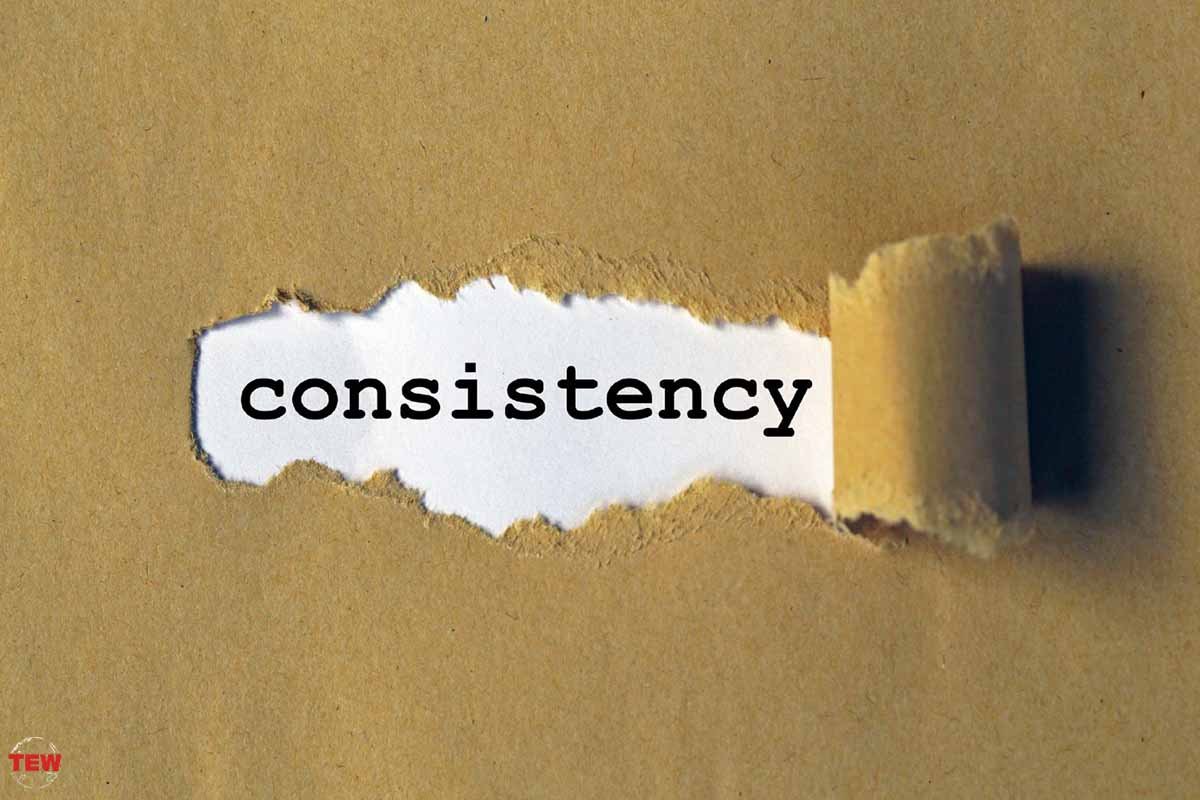In today’s fast-paced world, many office workers find themselves yearning to continue their education or pursue personal development through studying. Whether it’s earning a new degree, gaining a certification, or simply expanding their knowledge, the desire to learn never fades. However, for busy professionals juggling demanding office jobs, finding time to study can seem like an insurmountable challenge. In this article, we will explore effective strategies tailored specifically for busy office workers to master the art of studying while addressing the common question, “is papercoach.net legit?”.
Here are 8 effective strategies for busy office workers:
1. Prioritizing Your Goals

Before delving into the strategies for effective studying, it’s crucial to start with a clear understanding of your goals. Ask yourself what you aim to achieve through your studies. Is it a new degree, a professional certification, or personal enrichment? By setting clear and achievable goals, you can prioritize your time and efforts effectively. Understanding the “why” behind your studies will provide you with the motivation to stay committed and overcome the obstacles that may arise.
2. Creating a Study-Friendly Environment
One of the first steps in successful studying is creating a conducive environment that encourages focus and concentration. Even in a bustling office or a busy home, you can carve out a dedicated study space. Consider investing in noise-canceling headphones, ergonomic furniture, and adequate lighting to make your study space comfortable and distraction-free. When your environment is tailored for studying, you’ll find it easier to stay on track and maximize your study sessions.
3. Time Management Techniques
Time management is the cornerstone of effective studying for busy office workers. Several proven techniques can help you allocate your time wisely:
- Pomodoro Technique: This method involves breaking your study time into short, focused intervals (usually 25 minutes), followed by a short break. It helps maintain concentration and prevents burnout.
- Time Blocking: Allocate specific blocks of time in your schedule for studying. Treat these blocks with the same importance as meetings or work tasks.
- Eisenhower Matrix: Prioritize your study tasks using this matrix by categorizing them into urgent, important, not urgent, and not important. Focus on the important but not necessarily urgent tasks to make steady progress.
- To-Do Lists: Create daily or weekly to-do lists that include your study tasks. Check off completed items to track your progress and stay organized.
4. Effective Study Strategies
Busy office workers often have limited study time, making it crucial to adopt effective study strategies:
- Active Learning: Engage actively with the study material by summarizing key points, discussing concepts with others, or teaching what you’ve learned to reinforce your understanding.
- Efficient Note-Taking: Develop efficient note-taking techniques, such as using keywords, highlighting essential information, and organizing notes logically.
- Reading Comprehension: Improve your reading comprehension by previewing texts, annotating important passages, and summarizing what you’ve read.
- Digital Tools and Apps: Leverage digital tools and apps designed for students and professionals to streamline your study sessions, manage resources, and stay organized.
5. Maximizing Breaks and Commute Time

As a busy office worker, your schedule is likely filled with meetings, tasks, and responsibilities. However, you can make the most of even the shortest breaks and commute time:
- Micro-Study Sessions: Use short breaks during the workday for micro-study sessions. Review flashcards, read a short article, or practice a few math problems to make incremental progress.
- Commute Learning: If you have a commute, consider utilizing that time for audio-based learning. Listen to educational podcasts, audiobooks, or language courses to maximize your study opportunities.
6. Setting Realistic Expectations
While the desire to excel in your studies is commendable, it’s essential to set realistic expectations. Recognize that you have work commitments, family responsibilities, and personal time to balance alongside your studies. Be flexible in your approach and find a study routine that aligns with your unique circumstances. Setting achievable goals ensures that you maintain a healthy work-study-life balance.
7. Seeking Support and Resources
Don’t hesitate to seek support from colleagues, supervisors, or mentors who may provide guidance or accommodate your study efforts. Many organizations encourage continued education and may offer resources or flexible work arrangements to support your goals. Additionally, explore online courses, educational platforms, or institutions that cater specifically to working professionals. These resources often provide flexible schedules and relevant programs tailored to your needs.
8. Maintaining Consistency

Consistency is key to successful studying for busy office workers. Establishing a routine and sticking to it is crucial for long-term progress. Here are some tips for maintaining consistency:
- Self-Discipline: Cultivate self-discipline by setting specific study times and holding yourself accountable.
- Motivation Techniques: Find sources of motivation to keep you inspired. Whether it’s visualizing your long-term goals or rewarding yourself after achieving milestones, motivation will help you stay on track.
- Learning from Setbacks: Understand that setbacks are a natural part of the learning journey. Instead of dwelling on them, use setbacks as opportunities for growth and improvement.
Conclusion
In the fast-paced world of busy office workers, the pursuit of further education and personal development through studying is a noble endeavor. By mastering the art of studying with effective time management, creating a conducive environment, setting realistic goals, and seeking support and resources, you can navigate the challenges of balancing work and education. Remember that consistency, self-discipline, and motivation are your allies on this journey. And if you ever wonder, “Can I hire someone to do my homework?”—know that exploring all available options is a part of your educational journey as well. As a busy office worker, you have the determination and dedication to succeed in your studies and advance your career.Начало формы




